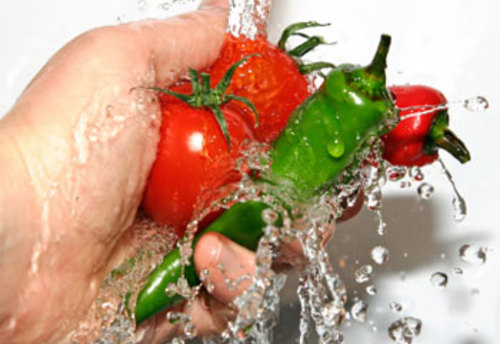Instructors
FOOD HYGIENE, NUTRITION AND SAFETY
8 STUDENTS ENROLLED
Course Benefits
-
This course is a mandatory requirement for people working in the care sector.
-
The course is recommended by Skills for Care as a minimum standard for people working in social care.
-
The course is recognised by the Care Quality Commission (CQC) as a minimum standard that people working in social care need to meet before they can safely work unsupervised.
-
This course meets the Fluids and Nutrition of the mandatory Care Certificate.
-
The course meets some knowledge criteria for Nutrition and Hydration Unit of the QCF (NVQ) Diploma in Health & Social Care.
-
The course can be used for credit transfer or Recognition of prior learning (RPL) to Nutrition and Hydration Unit of the QCF (NVQ) Diploma in Health & Social Care.
-
The Course has credit value under the QCF framework and recognized throughout the United Kingdom and Europe.
Course Objectives
This course helps those who work in health, social care or children and young people’s settings to understand key importance of food or fluid intake in the body system. The course emphasises that what goes into the stomach determines how healthy individual will be. .
Learning outcomes
At the end of this course, learners must be able to:
-
Understand the meaning and concept of Food hazards.
-
Identify types of people that are more vulnerable to food poison or illness and why?
-
Identify components and importance of good nutrition and hydration.
-
Understand signs and symptoms of poor nutrition and hydration
-
Understand how to support individuals to have access to fluids, food and nutrition in accordance with their care plan.
Course Contents
-
Understand the meaning and concept of Food hazards.
-
Identify types of people that are more vulnerable to food poison or illness and why?
-
Identify components and importance of good nutrition and hydration.
-
Understand signs and symptoms of poor nutrition and hydration
-
Understand how to support individuals to have access to fluids, food and nutrition in accordance with their care plan.
Assessment Methods
This course can be assessed by a wide range of methods, depending on the level and mode of study. Methods available include but not limited to the following:
-
Written Assignment
-
Observation
-
Multiple choice question (online only)
-
Professional discussion
-
Witness Testimony



I really enjoyed the course content.
I really enjoyed the course content. Simple to understand and straightforward.